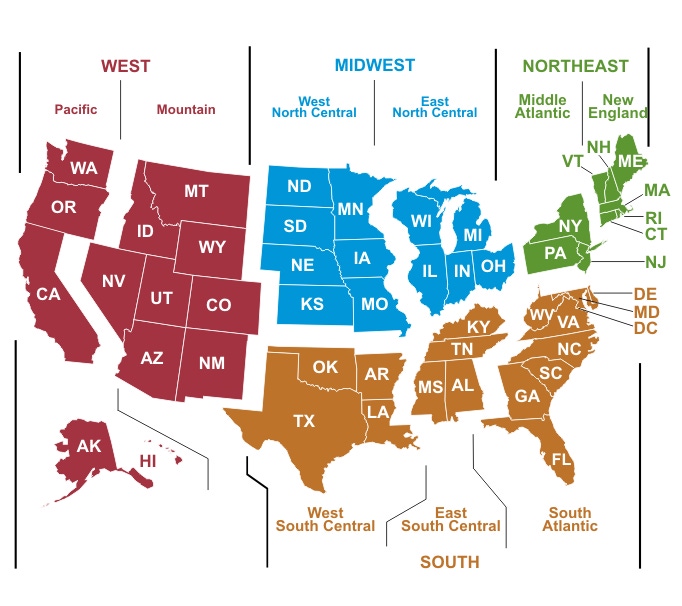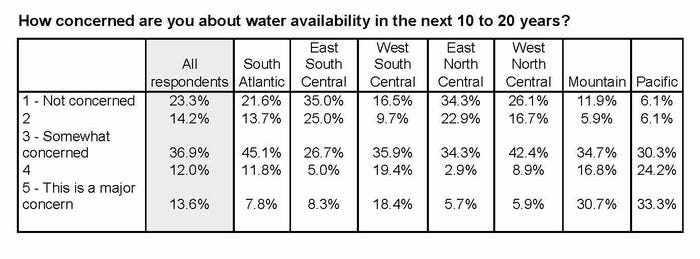Water availability, and who gets how much for what use, will be the defining issue for beef producers in the 21st Century.

We recently completed BEEF’s annual State of the Industry survey and the results are interesting and informative. Look for a summary in the June BEEF magazine.
There is one question, however, which I didn’t include in the magazine article that I found interesting. The question was, How concerned are you about water availability in the next 10 to 20 years?
On a scale of 1 to 5, with 1 being “not concerned” and 5 being “this is a major concern,” 23.3% of all respondents said they are not concerned about water availability; 14.2% picked 2, which lets label as “kinda concerned;” 36.9% said they are somewhat concerned; 12% picked 4, which we can call “yeah, sorta;” and 13.6% chose 5, this is a major concern.
Combining numbers 1 and 2, 37.5% of the readers who responded to our survey aren’t worried about water availability over the next decade or two. That figure really jumped out at me as I read the survey results, because I’m surprised at how high it is.
Related: Ranchers beware: War over water will only get more intense
Maybe I’m being a Chicken Little here, but I don’t think so. And I’ll freely admit that my viewpoint on this subject is deeply colored by the fact that I’ve never lived in a place where water is truly abundant. But I believe that water availability—who gets how much for what use—will be the defining issue of the 21st Century.
Or at least it will be the defining issue for the arid western half of the United States. The data show that.
Here’s a look at the regional breakout of the data:

As you can see, there is a wide disparity between those in the Mountain and Pacific states with those in other regions of the country. I’m particularly surprised at the responses from the West South Central and West North Central regions, where drought has been an ongoing issue for decades in some states.
Just yesterday morning, I read a report saying that Missouri producers are concerned about drought as they head into the summer grazing season. I’m not familiar with the intricacies of beef production in Missouri’s various ecosystems, but I recall a conversation with a beef producer in southwest Missouri many, many years ago who told me that he’s only two weeks away from a drought.
The reason I remember that is because, as a young pup from the West, it startled me. Depending on the time of year, we could go two months without a rain and not be overly worried.
Read: Ignoring the water problem is no longer an option
I’m not going to get into an argument about climate change in this blog. I believe we are moving into a long-term dry period in our climate, but I absolutely don’t believe it’s man made. I think it’s a normal, natural function of a long-term climate cycle.
If that is true, then the battle for water to irrigate crops and pastures versus suburbanites watering their lawns and half the street as well will only intensify. And there are many other factors that are just as important to others.
Water is indeed the basis for all life. Without it, we cannot survive. Step aside, Chicken Little. This time it’s for real.
About the Author(s)
You May Also Like



